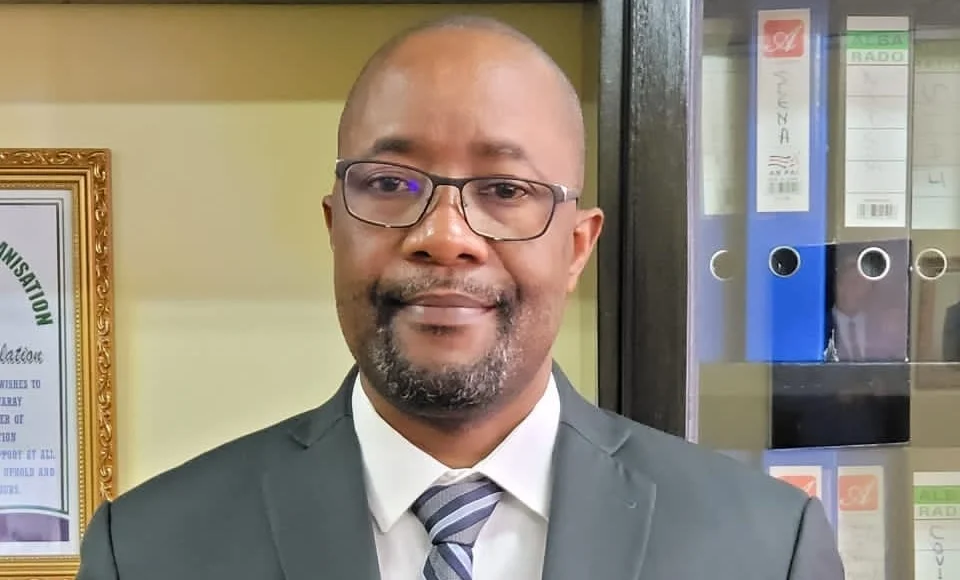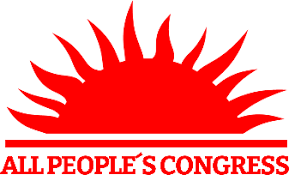By Lolo Yeama Sarah Thompson-Oguama
Today, as Sierra Leone joins the world in celebrating International Workers’ Day, the closing of the National Labour Conference marks the beginning of a renewed and actionable labour agenda. Sierra Leone hosted its first-ever tripartite National Labour Conference for three days, from April 29 to May 1. In this unprecedented forum, policymakers, trade unions, employers, and development partners collectively charted a new vision for the future of work in our country.
In a symbolic and significant moment, His Excellency President Dr. Julius Maada Bio is set to join workers today, putting the full weight of the Presidency behind the conference’s outcomes. This gesture is not only ceremonial—it is a political commitment in action.
“This conference is a turning point in our national dialogue with workers. Our government will continue to champion labour dignity, skills development, and policies that leave no worker behind,” — President Bio, speaking ahead of his May Day address.
During the conference, several key themes emerged, grounded in data and urgency. According to 2024 figures from Statistics Sierra Leone, Sierra Leone’s youth unemployment rate remains above 60%. Meanwhile, the informal economy still accounts for more than 70% of national employment, leaving millions of workers without pensions, insurance, or protection under the law.
Vice President Dr. Mohamed Juldeh Jalloh, who officially launched the conference on April 30, called for “the institutionalisation of workers’ grievances” and urged that May Day be more than symbolic.
“To talk about the future of jobs, there must be jobs,” he said. “That demands innovation in how we finance industries, educate our young people, and prepare workers for the Fourth Industrial Revolution.”
Concrete steps were outlined by Minister of Employment, Labour and Social Security, Hon. Mohamed Rahman Swaray, who declared the conference a “bold and collective move” to tackle Sierra Leone’s evolving labour market.
The Minister highlighted new efforts under the government’s Big Five Game Changers, particularly around skills development, job creation, and institutional reform. He underscored the need to “build a resilient, inclusive and future-proof workforce,” noting that technical and vocational training must be matched with real job opportunities and a reformed education system.
Notable interventions came from the Employers Federation, which called for more straightforward implementation of the 2023 Employment Act, more dialogue on work permits, and urgent reforms in the energy sector to reduce business operating costs. Albert Kojo Collier, representing the Federation, urged the government to “improve consultation on policy reforms and help the private sector create decent and sustainable jobs.”
The Sierra Leone Labour Congress strongly appealed to workers’ protections amid digital disruption. Max Conteh of the Congress stressed:
“Technology is here. But without a plan, we risk widening the digital divide and displacing more workers. The transition must be just—and it must be fair.”
The International Labour Organisation (ILO) echoed these concerns, urging Sierra Leone to invest in lifelong learning systems, gender-responsive labour policies, and digital skills access to avoid future inequalities.
So, what must happen next?
The National Labour Conference cannot be the end. It must become the launchpad for a concrete National Action Plan—with deadlines, financing, and institutional oversight.
As we raise our voices in celebration today, let us remember that May Day is more than a tribute—it is a test. It is a test of whether our policies are inclusive, whether our economy respects its workers, and whether the new social contract we envision will translate into dignity, opportunity, and justice for all.
Happy May Day, Sierra Leone. The future of work begins now.













